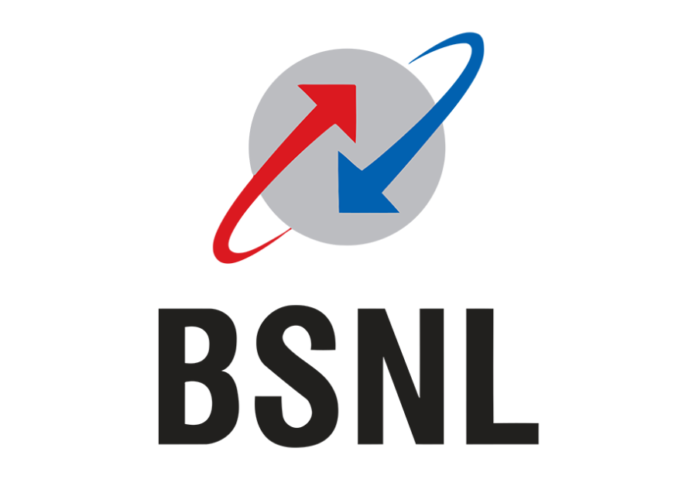India’s first satellite-to-device service, launched by Bharat Sanchar Nigam Limited (BSNL), aims to provide uninterrupted connectivity, even to the most remote regions of the nation. The new service, which was unveiled on Wednesday by the Indian Department of Telecommunications (DoT) in partnership with California-based communications technology company Viasat, intends to offer continuous network access in places with spotty or nonexistent cellular coverage.
The project, which was first presented at the 2024 India Mobile Congress (IMC), is a major step in closing the digital divide in India. BSNL claims that the direct-to-device satellite connectivity service has already been thoroughly tested and has shown encouraging results in terms of its capacity to sustain connections in difficult-to-reach places.
The Department of Telecommunications (DoT) celebrated the debut on X (previously Twitter), emphasizing that the goal of BSNL’s service is to provide satellite connection to as many Indian consumers as possible. Although satellite connectivity has already been included in emergency-use devices such as Apple’s iPhone 14, these services are now only available in India for government and military applications. The technology is made available to the general public by BSNL, enabling customers to maintain connectivity even in far-flung locations.
The service is anticipated to be especially helpful for users who are going to or already living in remote areas, whether they are families in rural Rajasthani villages or hikers going to far-flung places like Spiti Valley.
When cellular and Wi-Fi networks are unavailable, users will be able to send SoS messages, make emergency calls, and even process UPI payments thanks to BSNL’s satellite service. The telecom company hasn’t yet made it clear, meanwhile, if the service will allow routine calls or SMS for everyday use outside of crises.
In a press statement last month, BSNL’s technology partner Viasat clarified that the service makes use of non-terrestrial network (NTN) connectivity via geostationary L-band satellites situated 36,000 kilometers above the ground. Viasat’s two-way communication capabilities during the IMC 2024 show off how reliable the technology underlying BSNL’s new service is.
Although the launch has generated a lot of enthusiasm, BSNL has not yet disclosed how consumers can access the satellite connectivity. It’s still unknown if the service will be included in the current plans of BSNL customers or if there will be extra fees. In the upcoming weeks, pricing details and qualifying restrictions should be revealed.
Also read: Viksit Workforce for a Viksit Bharat
Do Follow: CIO News LinkedIn Account | CIO News Facebook | CIO News Youtube | CIO News Twitter
About us:
CIO News is the premier platform dedicated to delivering the latest news, updates, and insights from the CIO industry. As a trusted source in the technology and IT sector, we provide a comprehensive resource for executives and professionals seeking to stay informed and ahead of the curve. With a focus on cutting-edge developments and trends, CIO News serves as your go-to destination for staying abreast of the rapidly evolving landscape of technology and IT. Founded in June 2020, CIO News has rapidly evolved with ambitious growth plans to expand globally, targeting markets in the Middle East & Africa, ASEAN, USA, and the UK.






